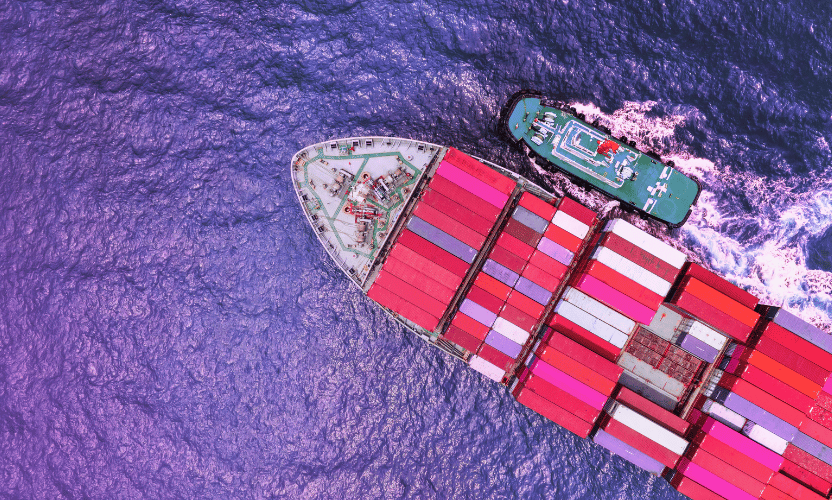The UK government has confirmed its decision on parallel imports and IP exhaustion, and the outcome is clear: the “UK+” Regime is here to stay.
The government consulted widely on this topic, and businesses, rights holders, and consumer groups all backed stability. Alternatives brought legal and practical complications, but “UK+” Regime delivers continuity, compatibility, and consumer access to EEA goods.
So what does that mean for your brand protection strategy and enforcement efforts?
1. The "UK+" Regime is now permanent
Since Brexit, the UK has treated the intellectual property rights of goods first sold in the EEA as “exhausted”. This means that, once a product has been put on the market in the EEA with the brand owner’s consent, they have no control over its resale. The latest decision from the Intellectual Property Office (IPO) confirms nothing is changing.
Goods can still be resold or parallel imported into the UK from the EEA without getting permission from the rights holder. For example, a product first sold in Germany can legally be brought into the UK without asking the IP rights owner for consent.
2. The agreement isn't reciprocal
This arrangement doesn’t work both ways. While parallel imports are allowed from the EEA, parallel exports to the EEA require the rights holder’s permission. So imports into the UK are fairly straightforward, while exports out of the UK are tightly controlled.
For brand protection managers, this asymmetry matters. UK-sourced goods can’t automatically circulate across Europe. Instead, brand owners still get to decide whether their products leave the UK market – giving them more control over pricing, distribution, and enforcement.
3. Rights holders get to make the call on exports
The government guidance puts the decision squarely in the hands of IP owners. If your products are being parallel exported from the UK to the EEA, you need to decide whether to allow it or restrict it.
This is more of a strategic question than a legal one. Do you want to maintain higher price points in certain European markets? Do you need to limit distribution to specific partners? Or do you see benefits in allowing free flow?
The advice is clear: seek legal support, define your stance, and make sure your position is reflected in contracts, licensing agreements, and enforcement playbooks.
4. Parallel trade doesn’t bypass import rules
While goods first sold in the EEA can still flow into the UK, it doesn’t make parallel imports a free-for-all. Importers bringing goods into the UK from the EEA still need to deal with customs procedures, duties, and sector-specific regulations – especially in sensitive areas like medicines.
Basically, IP rights exhaustion under the “UK+” Regime doesn’t override the obligations of cross-border trade. And when goods originate from outside the UK or EEA, your authorisation as the rights holder is still essential.
5. Speed and visibility are key to enforcement
Parallel traders will continue to test boundaries: whether by exploiting gaps in monitoring, moving goods across borders at speed, or blending parallel imports with counterfeits.
And that’s where SnapDragon steps in. Our brand protection software helps you:
- Spot unauthorised trade early by monitoring marketplaces, websites, and social platforms for parallel imports mixed with counterfeits.
- Track supply chains with confidence, so you know where your products are being sold and whether they’re being diverted without consent.
- Act quickly and effectively by gathering the evidence you need to challenge unauthorised sales and protect your IP rights.
With SnapDragon, you get the insight and tools to respond fast, backed by experts who understand both the legislation and the tactics traders use to test it.
How to stay ahead
- Stay alert to supply chains. If your goods are first placed in the EEA, they can enter the UK without your say-so. Monitoring and enforcement are essential.
- Hold your ground on exports. UK-first goods are not automatically free to move into Europe. You keep the right to control those flows.
- Be vigilant about customs. Parallel imports from outside the UK/EEA still need your authorisation: and that’s where your IP rights continue to give you leverage.
Need advice on fighting parallel imports?
If you’re looking for ways to tackle parallel imports, our experts can help.
Contact us for a consultation on how to use advanced software and industry specialists to strengthen your brand protection strategy.
Request a Callback

Jet Doran
SnapDragon | Brand Protection Director




